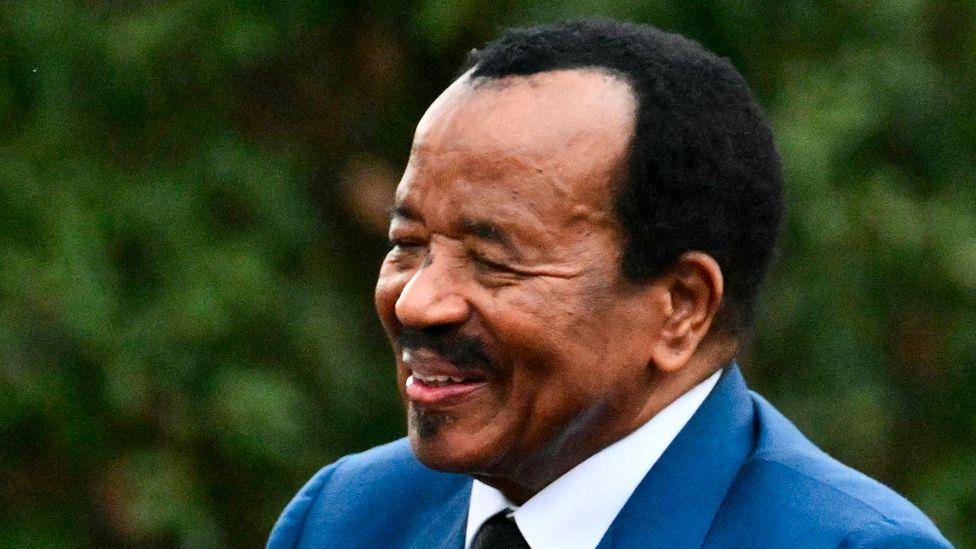In recent developments in Cameroon, the government has imposed restrictions on media discussions regarding the health of President Paul Biya amid rising speculation and rumors concerning his well-being, including unfounded reports of his death. Interior Minister Paul Atanga Nji announced that any debate surrounding the president’s health is strictly prohibited, labeling such discussions as disruptive to the nation’s peace. These measures come in light of President Biya’s conspicuous absence from public appearances since September 8, when he participated in a China-Africa forum in Beijing. The government’s decision reflects an increasingly tense media environment in Cameroon, where scrutiny of government officials is often met with harsh consequences.
Biya, who has been in power for over four decades and is now 91 years old, has not been seen since the forum, leading to various unsubstantiated rumors about his health. The Cameroonian government has dismissed these speculations, insisting that the president is in good health and currently on a private visit in Geneva, Switzerland. Minister Nji emphasized that the president’s health status is a matter of national security, revealing the government’s concerns that public discourse on this topic could jeopardize national stability. He urged regional governors to monitor both traditional and social media closely to ensure compliance with these restrictions, signaling an increased effort to control the narrative surrounding President Biya’s health.
The media ban has provoked widespread criticism from journalists within Cameroon, many of whom view the government’s actions as clear violations of press freedom. A journalist speaking to the BBC under anonymity flagged the ban as an infringement on their rights, expressing concern that compliance with such orders would restrict the media’s ability to report freely and accurately. The fear of government repercussions underscores a broader trend of media repression in Cameroon, where journalists frequently encounter threats from both state authorities and non-state groups, including Anglophone separatists who have a history of targeting media personnel.
The environment for political reporting is fraught with risks, as evidenced by past instances where journalists have been kidnapped by insurgent groups or detained by governmental authorities. One journalist indicated that despite fears for their safety, they plan to continue reporting on issues related to the president’s health, emphasizing the importance of journalistic integrity and accountability. This sentiment is echoed by many within the media landscape, who are acutely aware of the delicate balance they must maintain between their duty to inform the public and the potential repercussions from the governing body.
In response to the growing concerns over press freedom, the Committee to Protect Journalists (CPJ), a global advocacy organization, has called on the Cameroonian government to reverse its threats against journalists covering the president’s health. Angela Quintal, head of the CPJ’s Africa Programme, stated that the health of the long-serving president is a matter of public interest, particularly as he may seek re-election next year. Quintal argued that attempts to censor media reporting on this issue only exacerbate speculation and anxiety among the populace. To quell rumors, she urged the government to facilitate a public appearance by President Biya, suggesting transparency as a potential remedy to the present situation.
As anticipation grows regarding President Biya’s return to Cameroon, public interest remains high concerning both his health and the implications of his leadership on the country’s future. The government’s stringent measures against reporting on the president’s condition may backfire, further entrenching public distrust and speculation. In a nation where media freedom is often compromised, the ongoing tension between state authorities and journalists raises critical questions about the role of the press in holding those in power accountable. The unfolding narrative exemplifies the challenges faced by media professionals in politically sensitive environments, where the pursuit of truth is met with considerable obstacles, and the stakes for both the journalists and the public are exceedingly high.

